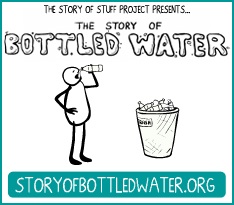Community Gardening and Grassroots Politics in the Neoliberal City
When community garden activists of the 1970s and early 1980s clandestinely planted tomatoes, cucumber and sunflowers in abandoned backyards and on run-down lots, they probably never imagined that a time would come when city administrations would embrace urban gardening as an important “cultural, ecological and social resource”.1 Many of today’s community gardens in North America and Europe started out as squats or informal “guerilla style” gardens and were influenced by, if not a substantial part of urban social and environmental movements of the 1960s and 1970s.2
Read more | ›››


 There are no more conferences. The final product of the CA
There are no more conferences. The final product of the CA